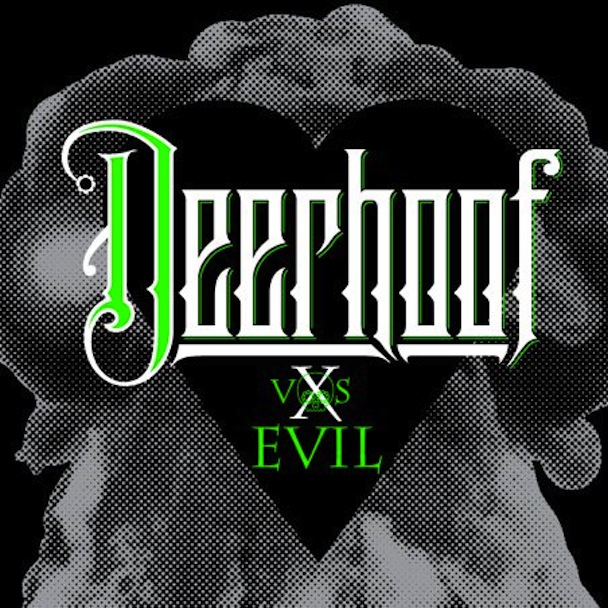Deerhoof is, in many ways, a critic-proof band. They appeal to the demographic of listeners who will appreciate daring innovation and, frankly, downright weirdness—not exactly the kind of folk gushing over the latest Black-Eyed Peas offering or Jason Derulo single. You could call it snobbiness, or maybe it’s just that the people who review music as a profession get tired of hearing so much of the same time after time and are excited when something fresh comes along, no matter how inaccessible and odd it may be.
Deerhoof fit that niche nicely because you never quite know what to expect from them. They consistently switch up their sound, yet, unlike, say, The Flaming Lips, they haven’t managed to break through beyond a cult following – no equivalent of “Do You Realize??” to entice pop radio or help them circle the mainstream.
So the band’s move from the Kill Rock Stars label to Polyvinyl can’t be as much of a big deal for hipsters on Internet message boards as, say, Iron and Wine transferring to Warner Bros. (which seemed to elicit a minor crisis of faith for some). But even if Deerhoof’s label transfer did worry some minute selection of fans out there, fear not: on Deerhoof vs. Evil, their tenth studio album, the band is just as blissfully bizarre as ever.
While there is much repetition in the lyrics, there are no discernible hooks. One track is sung entirely in Catalan. Song structures seem to change midstream: heavy guitar rockers suddenly becoming synth-dominated pieces of whimsy. Vocalist Satomi Matsuzaki disappears during instrumental breakdowns only to return with unintelligible nonsense.
And, perhaps because of this, Deerhoof vs. Evil remains consistently engaging throughout. It rarely drags. The album, in fact, is quite short—12 tracks, each averaging maybe two and a half minutes at most – and feels even shorter than that. It’s hard not to recommend something so agreeably charming and admirably unique.
Having said that, …vs. Evil is something of a step-down from the band’s 2008 effort, Offend Maggie, which represented a better mix of their eclecticism and clear, strong songwriting. Deerhoof vs. Evil has been described by many critics as being “cute,” an apt enough summary, but the band has proven in the past to be capable of more. Deerhoof vs. Evil is predictably unpredictable and a fun little experiment from a band seemingly incapable of recording a bad album, but it’s hard to imagine returning to this years from now as often as their better work.

